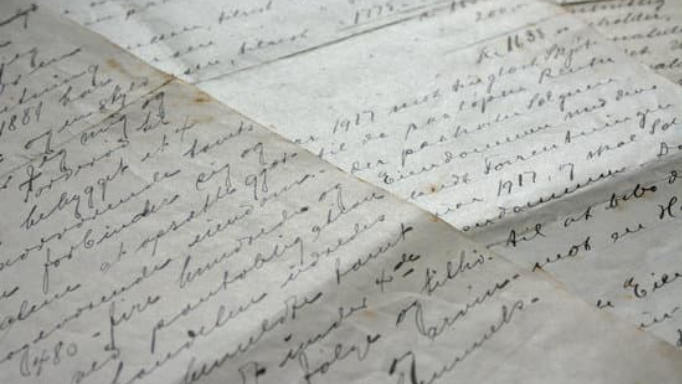When it comes to contesting a will in Florida, not all reasons are valid. In this article, you will find the most common reasons why a will can be legitimately contested in the State of Florida. Read on to learn what you need to know about contesting a will in Florida directly from an experienced Florida Probate Lawyer.
The Testator Is Not Old Enough to Execute a Will or Lacks Mental Capacity
In Florida, individuals must be at least 18 years old (unless they are emancipated minors) to execute wills, in addition to having the mental capacity to do so. Having the mental capacity to execute a will simply means that a person has a general understanding of the nature the assets they own, the individuals who will obtain those assets, and the way the will works.
The Will Does Not Comply with the Drafting and Execution Formalities Established By the Law
Another reason why someone may contest a will in Florida is that the will simply does not meet the drafting and execution requirements established by the law. In Florida, wills must be written documents signed by the testator and two witnesses, who must sign the document in the presence of each other and the testator. Failure to comply with these formalities is a valid reason for an interested party to contest a will.
The Will Was Created or Modified as a Result of Undue Influence or Coercion
Undue influence happens when someone exercises an improper or unreasonably strong persuasion upon the testator in such a way that the choices the testator includes in his or her will simply do not correspond to his or her true wishes. Typically, undue influence is seen when the individual who exercises and the testator have a confidential relationship, when the individual had been considerably active in securing the execution of the will, or when the individual is a beneficiary under the will.
Duress or coercion are commonly seen alongside undue influence. This occurs when someone forces, compels, or even threatens a testator into creating or changing their will.
The Will Was Created or Modified as a Result of Fraud
Fraud happens when an individual makes false statements to a testator, causing him or her to create or change their will. Any will created or modified as a result of fraud is void.
In Florida, there are two types of will fraud. First, we have fraud in the execution, which occurs when someone falsely tells the testator that they signing another document when in reality they are executing a will. Second, we have fraud in the inducement, which happens when an individual intentionally misrepresents an important fact to a testator to get him or her to modify the will.
The Testator’s Signature on the Will Was Forged
Forgery happens when a Florida will is created without the testator’s knowledge and his signature is forged. Contesting a will that has a forged signature is usually less complicated than contesting a will based on things like fraud or undue influence, primarily because it considerably is easier to prove forgery. A handwriting expert can evaluate the signature on the will and determine whether it is real. When it comes to undue influence or fraud, however, the process can be much more complicated, and there is no guarantee that anyone who attempts to contest a will based on undue influence or fraud will succeed.
Contesting a Will in Florida is Not Easy – Work with Experts
When any of the scenarios mentioned above occur, the judge handling the case can either revoke the will or find the will to be valid and deny a will contest, in which case the court will abide by the will terms as originally written. In other words, contesting a will in Florida is not easy, so you will need help.
Do you need to contest a will? Give Attorney Romy B. Jurado a call today at (305) 921-0976 or send an email to [email protected] to schedule a consultation.




